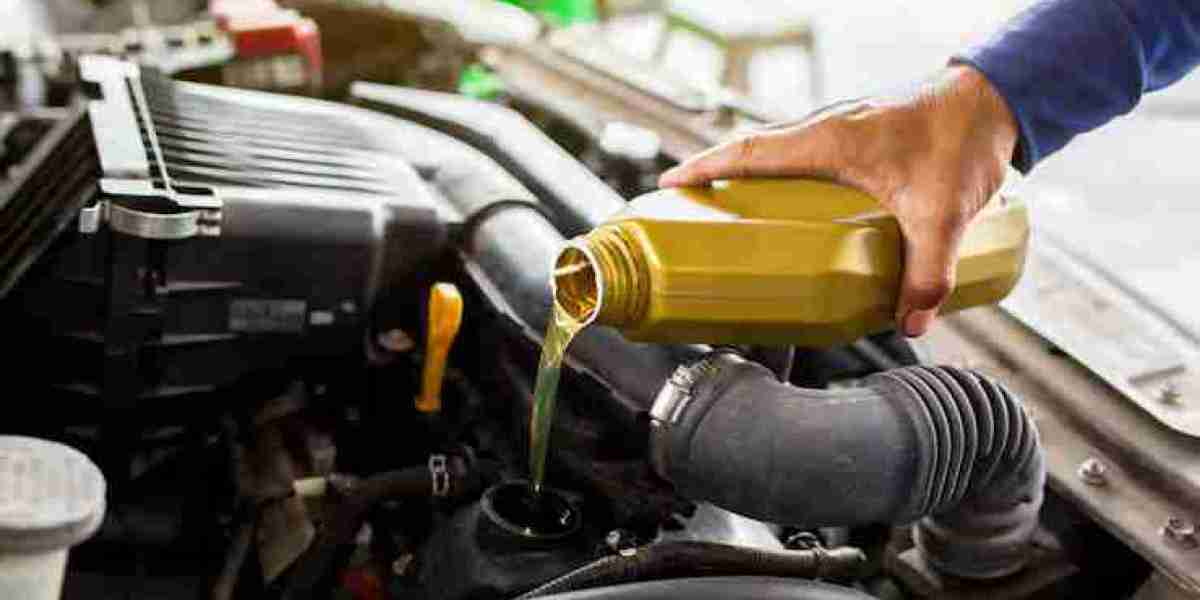In modern web handling systems, the Differential Shaft plays a vital role in achieving precise tension control and high-speed winding accuracy, making it a key component in industries like film, foil, paper, and label production. Unlike conventional shafts, differential shafts offer independent rotational movement for each core, allowing for variable tension across rolls, which ensures uniform winding even with different material thicknesses or roll diameters.
This technology addresses a major challenge in converting and slitting operations—core slippage and uneven winding. With a differential shaft, each core can rotate slightly independently, compensating for material variations and helping maintain consistent torque. This results in tightly wound rolls that reduce material waste and eliminate rewinding or product rejection, which directly improves productivity and quality control.
The inner mechanism of a differential shaft includes a series of friction elements, such as ball bearings, rollers, or air bladders, which generate controlled resistance. This resistance is adjustable, allowing machine operators to fine-tune tension during high-speed operations. It’s especially beneficial when handling materials like stretch film or thin foil, where even slight differences in tension can cause wrinkling, tearing, or telescoping.
One of the key operational advantages of this shaft design is the ease of changing cores and resetting machinery for different product runs. CBBMachine provides designs that are compatible with various core sizes and materials—ranging from paper to plastic cores—and ensures easy mounting and dismounting, reducing downtime during changeovers. This flexibility makes differential shafts ideal for companies managing frequent batch changes or custom product specifications.
In addition, the shaft’s ability to function under continuous load makes it suitable for long production runs without requiring frequent maintenance. The robust design and high-quality materials used in CBBMachine’s shafts ensure reliability even under the most demanding industrial environments. This increases operational uptime and lowers the total cost of ownership for manufacturers.
From a technical standpoint, differential shafts support integration with smart automation systems, providing real-time feedback and compatibility with advanced control units. This enables operators to monitor winding performance remotely and make quick adjustments, further enhancing productivity and quality assurance in automated settings.
Choosing the right shaft impacts not only the product quality but also operational efficiency. CBBMachine offers consultation and customization services, ensuring the selected differential shaft model aligns perfectly with your production goals. Their expertise and in-depth industry knowledge provide tailored solutions for both standard and complex applications.
For more technical details, product specifications, or to request a quote, visit www.cbbmachine.com.






